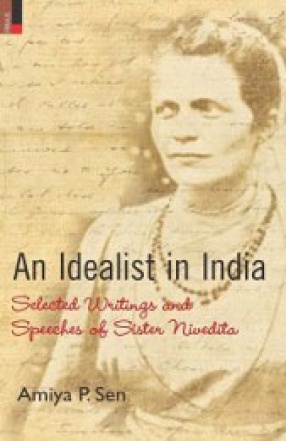
Amiya P Sen

Showing all 12 books
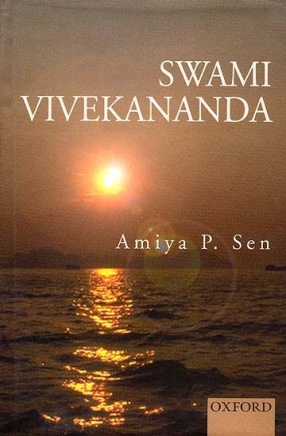
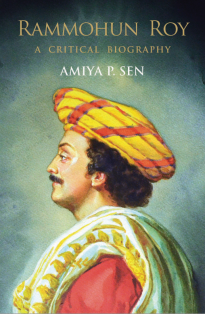
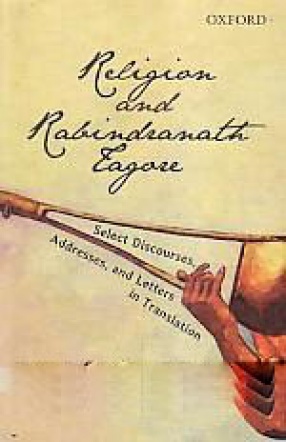

This book puts together representative speeches and writings of Sister Nivedita. Posterity has often judged Margaret Elizabeth Noble (1867-1911), better known as Sister Nivedita, and her guru, Swami Vivekananda (1863-1902), in sharply different ways. Opinion remains divided over whether or not the Swami was more a patriot than prophet, and Nivedita’s biographers have read her life and work in widely different ways, aided perhaps by the fact that she ...

This is a short, critical biography of Swami Vivekananda (1863-1902), fiery nationalist, social reformer, institution-builder and student of philosophy. Vivekananda's life and his ideas manifested ambiguities and shifting priorities that this volume explores and attempts to juxtapose meaningfully.
Vivekananda's religious philosophy of Vedanta is discussed in detail, with an analysis of the influence on him of the Bengali mystic Sri Ramakrishna, as also his often ...
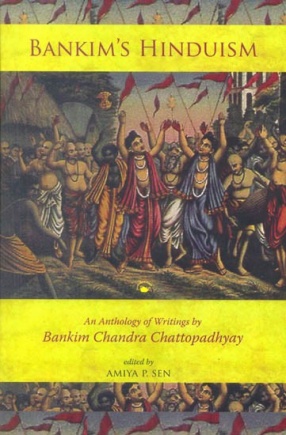
The great novelist and thinker Bankim Chandra Chattopadhyay (1838-94), associated with his famous hymn ‘Vande Mataram’, is sometimes seen as mainly a creator of Hindu nationalist icons. This is unfortunate, for Bankim was an enormously learned man, a deep and subtle thinker. A relatively unknown side of his work comprises his religious and philosophical thought, in particular his carefully argued ideas on Hinduism.
This ...

Raja Rammohun Roy (1774-1833) was a great champion of liberty and civil rights in colonial India. He was also a true cosmopolitan who envisioned a world without borders. A tireless crusader for religious and social reform, Rammohun attempted a progressive reinterpretation of Hinduism and tried to improve the lot of socially marginalized groups such as women.
Yet, in spite of his lofty public presence, Rammohun was a hugely controversial figure. He shocked the ...

This book, having selections from Rabindranath Tagore’s essays, public addresses and letters, identifies the various stages in the evolution of Tagore’s religious thought beginning from the 1880s.
Focusing on the critique of contemporary Hinduism, conceptions of God and religion, and ethical activism, it examines the originality of Tagore’s religious and philosophic conceptions. It also situates his religious life and thought in his time and ...
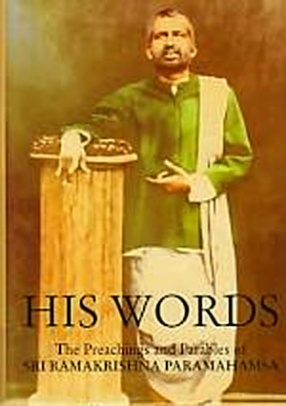
Press reports in the 1870s Calcutta marvelled at the way ‘highly educated’, ‘civilized’ and ‘reasoning’ men, like Mahendra Nath Dutta, were drawn to the ‘ill clad’, ‘illiterate’, ‘friendless’ and ‘unpolished’ Ramakrishna. The progressive press, which had first brought Ramakrishna to public attention, scoffed at his use of ‘vulgar’ speech, while acknowledging its ...
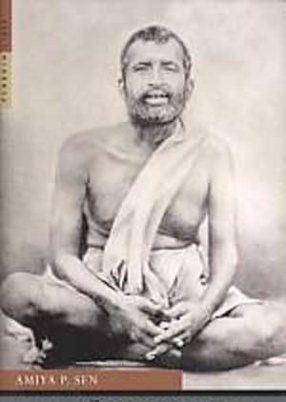
Biography of Ramakrishna, 1836-1886, Hindu religious leader from Bengal.
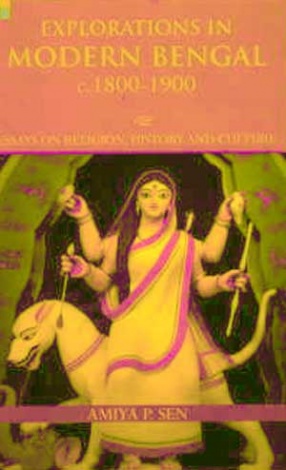
Historically, nineteenth-century Bengal was the site where the first crop of a Western educated Hindu intelligentsia creatively and actively engaged in a two-pronged intellectual enterprise. On the one hand, there was deep introspection that encouraged the overturning of traditional categories of thought and ways of life, and on the other, a growing cultural pride that preferred suitably defending these even under perceptibly changed intellectual and material ...


In the Indian context, the use of the term ‘reform’ to indicate changes in religious belief or social practices dates to the nineteenth century, coinciding with the consolidation of British power and the advent of so-called ‘modernity’. Social and religious reform in colonial India has often been written about without an effort to highlight the wide-ranging debates that have affected it. The present volume is thus the first work to focus on ‘reform’ ...
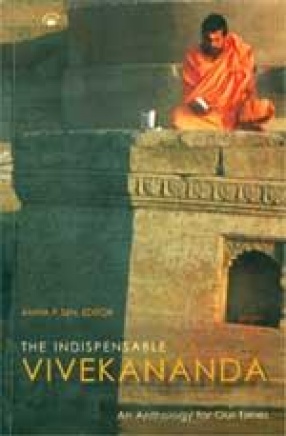
A hundred years after Swami Vivekananda's essays, oratory, and philosophical writings offered substantial modifications and refinements to modern Hinduism, the Swami remains a key figure in any proper understanding of the religion of India’s largest majority. The present anthology, which showcases, those aspects of Vivekananda that seem indispensable even today, consists to two halves: an Introduction by the editor, followed by selection from the core of the ...
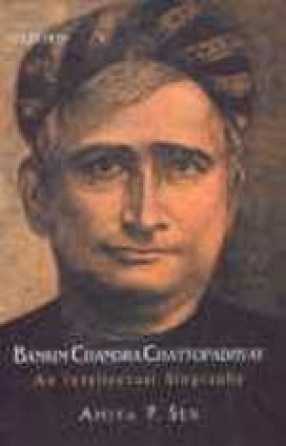
Bankim Chandra Chattopadhyay's writings, in many ways, determined the intellectual and cultural content of modern Hinduism and Hindu nationalism. They also contributed significantly to the critical self-consciousness of the English-educated Indian middle classes. Most importantly, Bankim Chandra was one of the earliest writers to have critically dealt with the Indian response to the moral and intellectual challenges posed by the West. This critical biography ...
